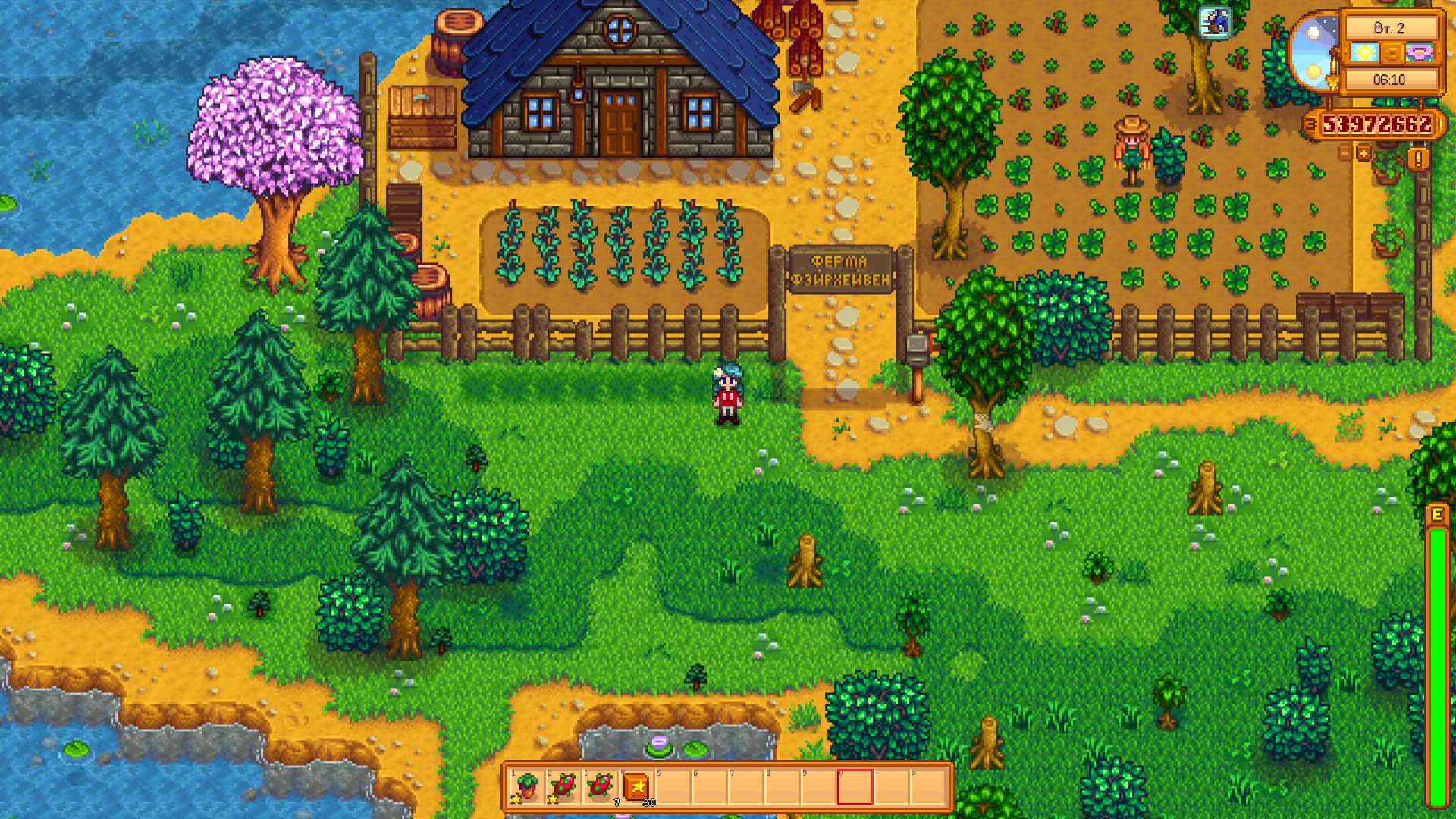In light of recent events in (the?) Ukraine, I sought out a Russian- or Ukrainian- themed mod made recently. I don’t have any experience in mod-development, so perhaps it’s naïve to think that such a thing could be developed in the space of a few days. I would also like to preface that what’s going on is no laughing matter – for Eastern Europe this is a terrible thing, on many levels, for many people. That being said, I have never doubted capitalism and the free market’s ability to monetise even the largest tragedies (watch at your own risk). It seemed not totally unfeasible that someone would have found it amusing to replicate the Cuban Missile Crisis with a Slavic skin.
So I went searching, and although there were no current event mods, I found plenty of Russian skins, themes, translations and so forth. Whether they had more obscure names like ‘Happy Birthday Russian!’ or were more generic, such as translations of certain items, there was no lack of Russian mods (and unfortunately total lack of Ukrainian ones). I decided to go for Stardew Valley Expanded – Russian, which includes plenty of new locations, character events, NPCs, location messages, maps and festivals.
When it comes to virtual worlds, I consider myself an explorer. Although I occasionally find myself attracted to the idea of being the top level, with the best gear etc, the realisation that you’re competing with players who have tenfold the amount of time to invest that you do always comes quickly. So, I explore – and this Russian expansion (pardon the pun) mod seemed like the perfect medium through which to explore.
I lived my first three years in Moscow, and although I have lost all my Russian, I’m still able to (very slowly) read it. So I immediately noticed one unexpected effect of the translations: my reading improved. Then, certain things triggered long-lost Russian translations. I read mixed seeds, and recognised what the latter word meant for the first time in probably 15 years. Gradually, this picked up: corn, pepper, potato. This brought a question to the forefront of my curiosity: to what degree can virtual worlds be used to develop language skills?
I lived for a year in France, and managed to pick up French fluently within about 8 months, so I’m a firm believer that the best way to learn a language is to not only immerse yourself in it, but to design your world to filter any distractions to that goal – for example, speaking English to those who could, when in France, would be counterproductive. Could you learn Russian by, for example, joining a Russian World of Warcraft server, and immersing yourself in it for 6 months?
We can extrapolate this out as far as we like: to the degree that our real world shapes who we are, our virtual worlds to a large degree do the same. If our real world rewards conformity and punishes dissent, we conform. Similarly, if our real world speaks Russian we are shaped by it, to speak Russian. This idea, I believe, could be applied in very interesting practical ways. Millions of people use DuoLingo, but how could a DuoLingo world be formed to catalyse the learning process? Many educators believe the future of education technology is this (VR goggles simulating a chemistry lab). I’m not sure about this idea personally (see picture below), but perhaps this is a first step to creating such a world; a world where instead of its knowledge being the ‘meta strategy to defeat a rogue in a 1v1 while playing as a warlock’, it reflects the real world and catalyses the development and cultivation process of you, as a human being, that partakes in the society we live in. Furthermore, could modifications be one valley down which such a world is created?
Who knows! Maybe the University of Chicago will become UChi World a decade from now. Maybe we’ll be joining virtual class by walking our virtual selves to our virtual classroom, to play virtual Stardew Valley.

